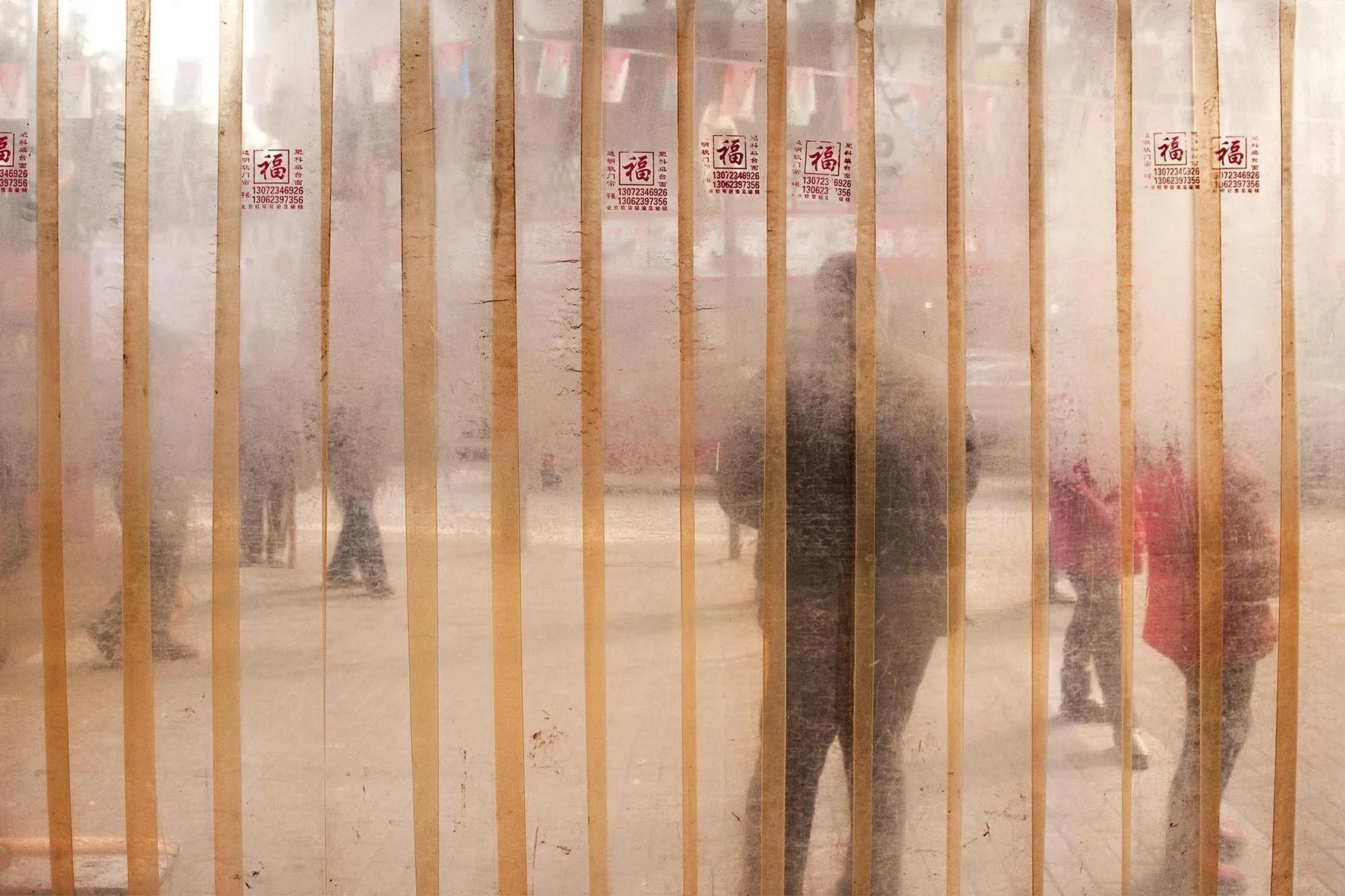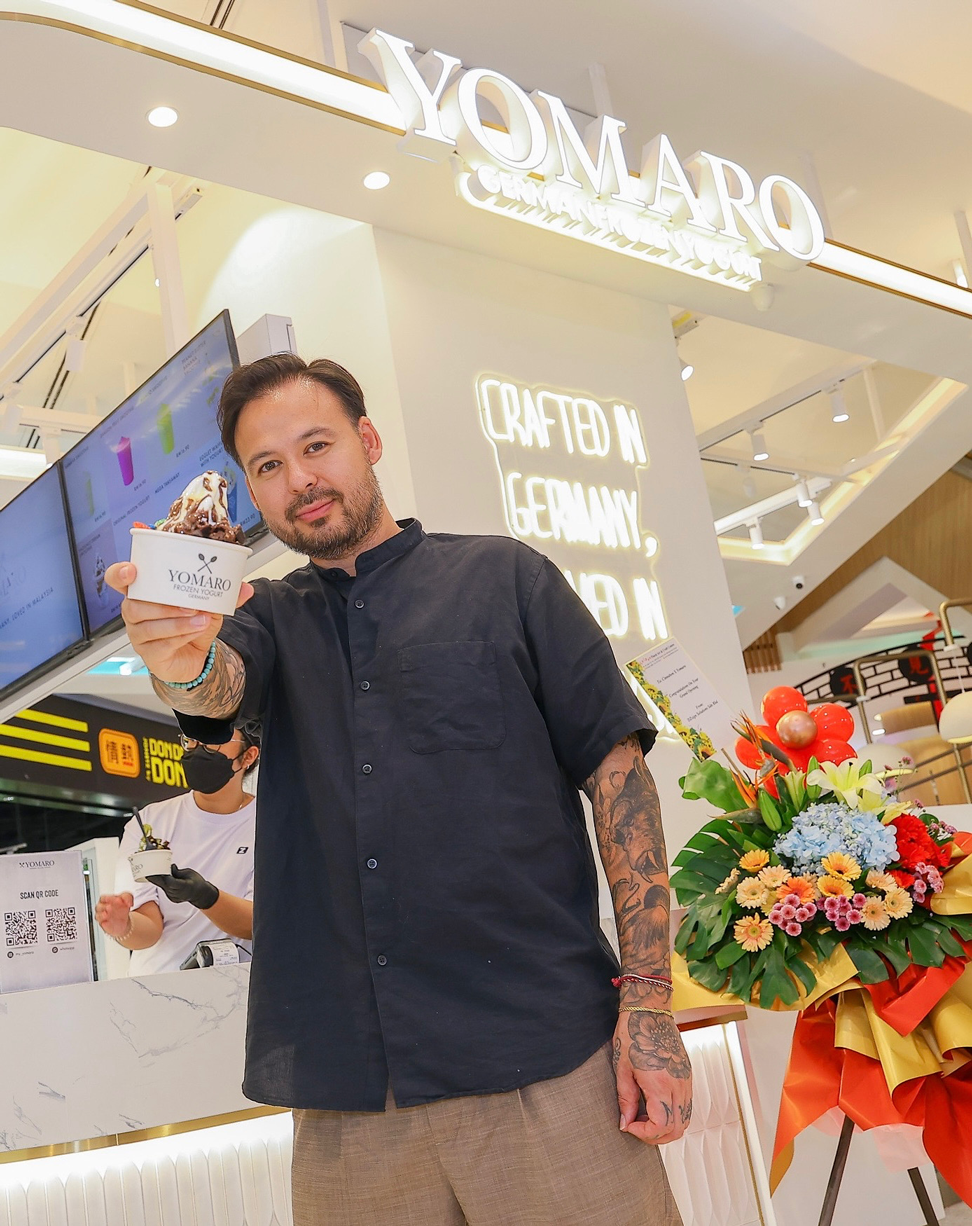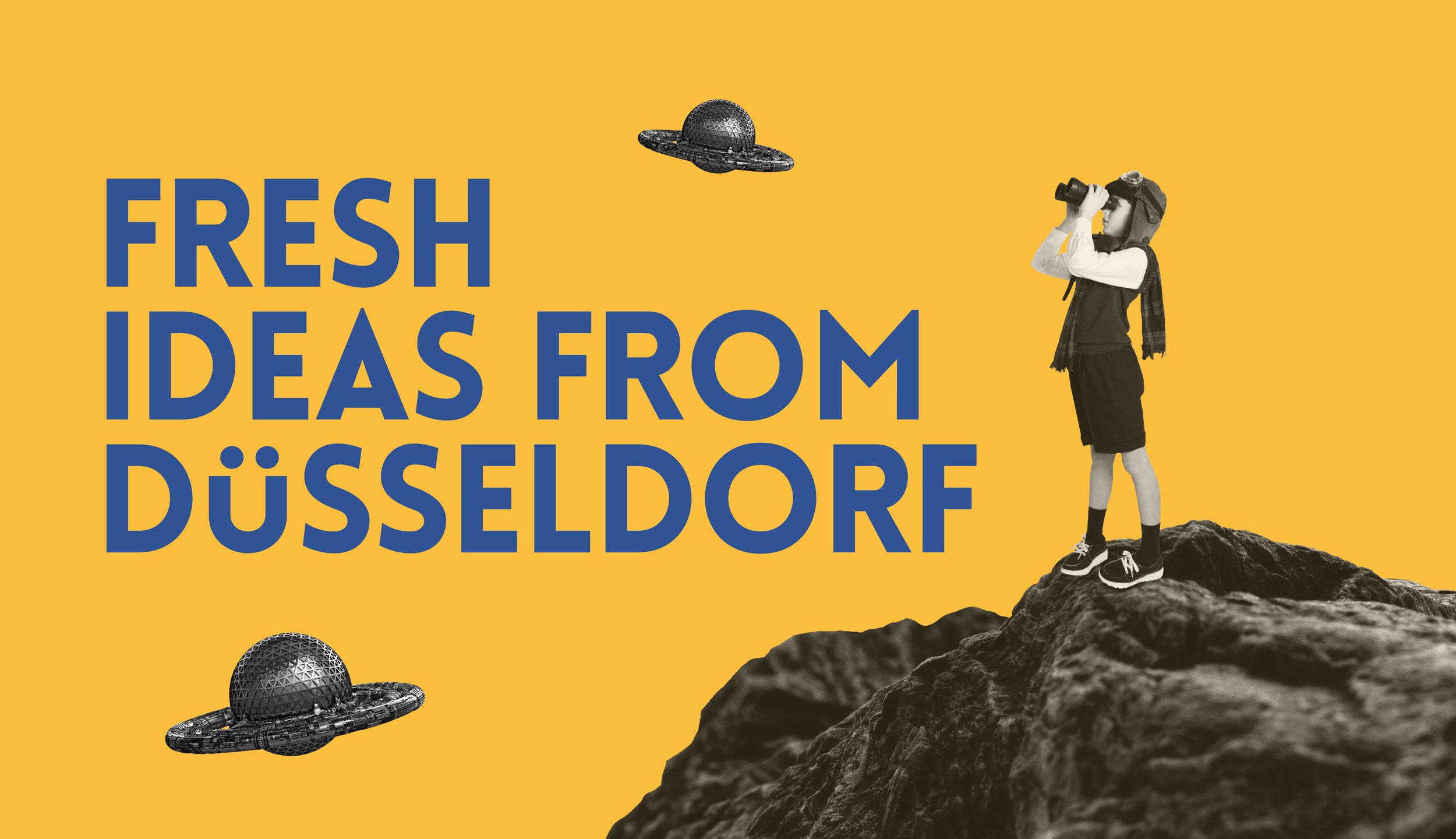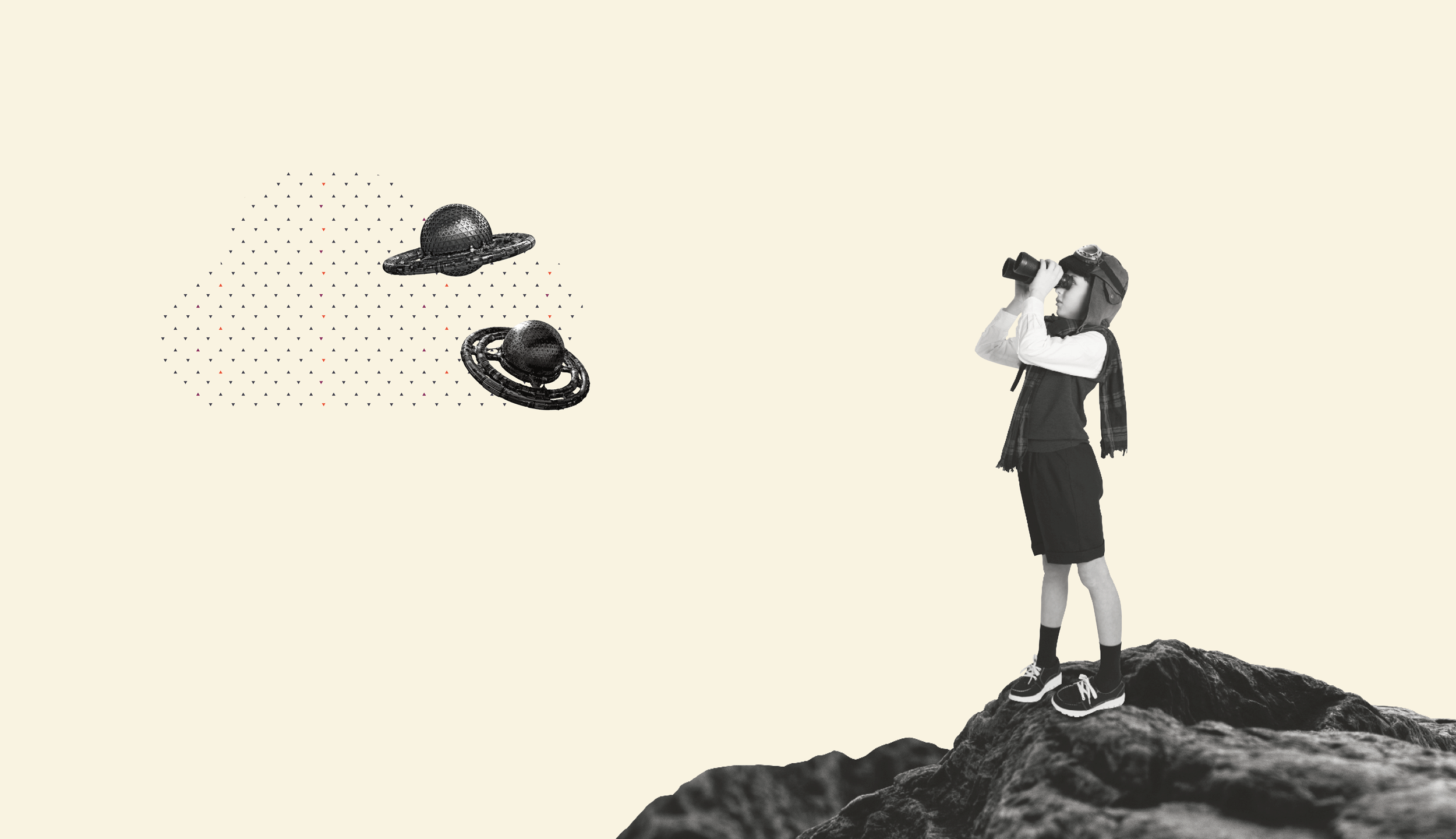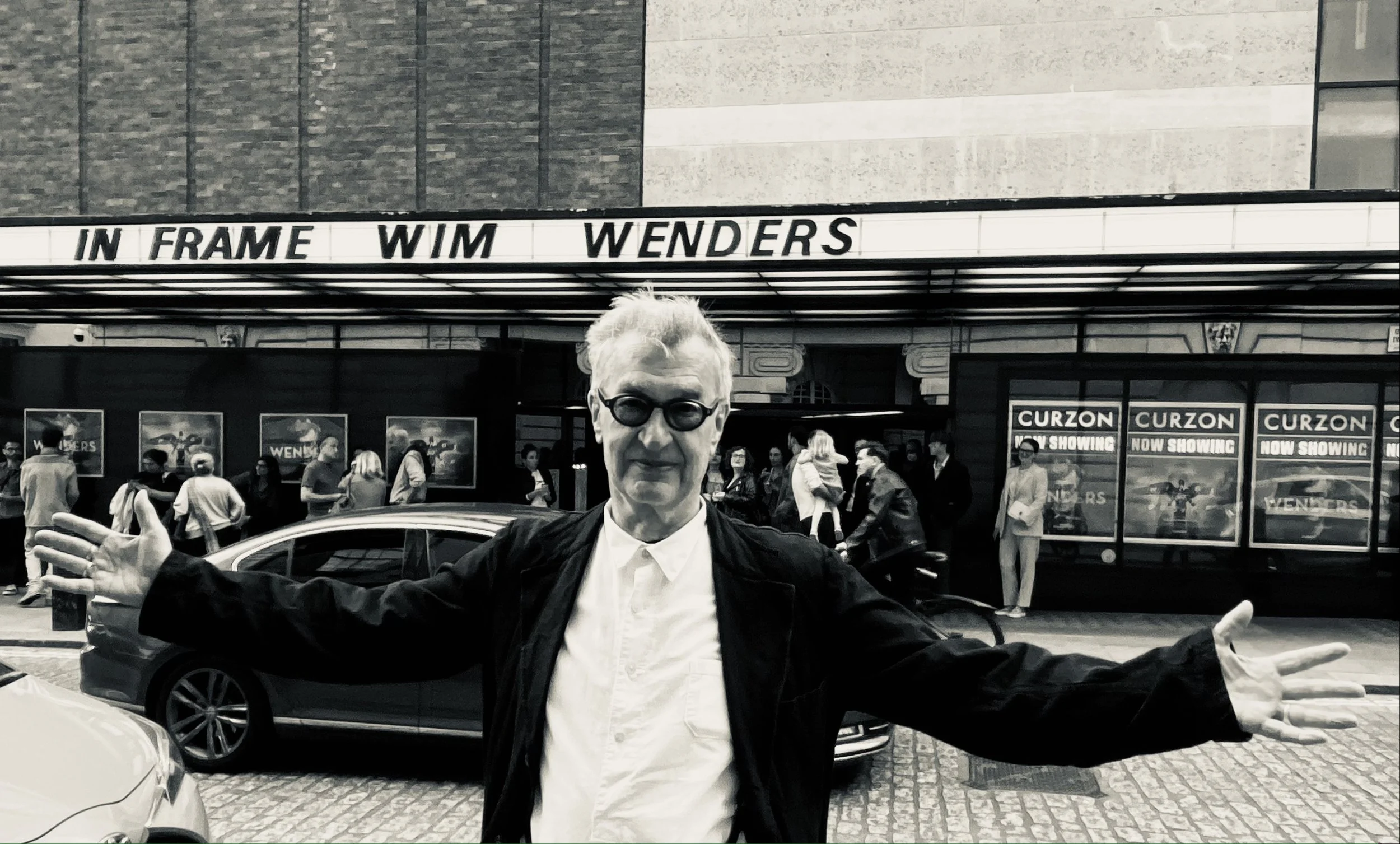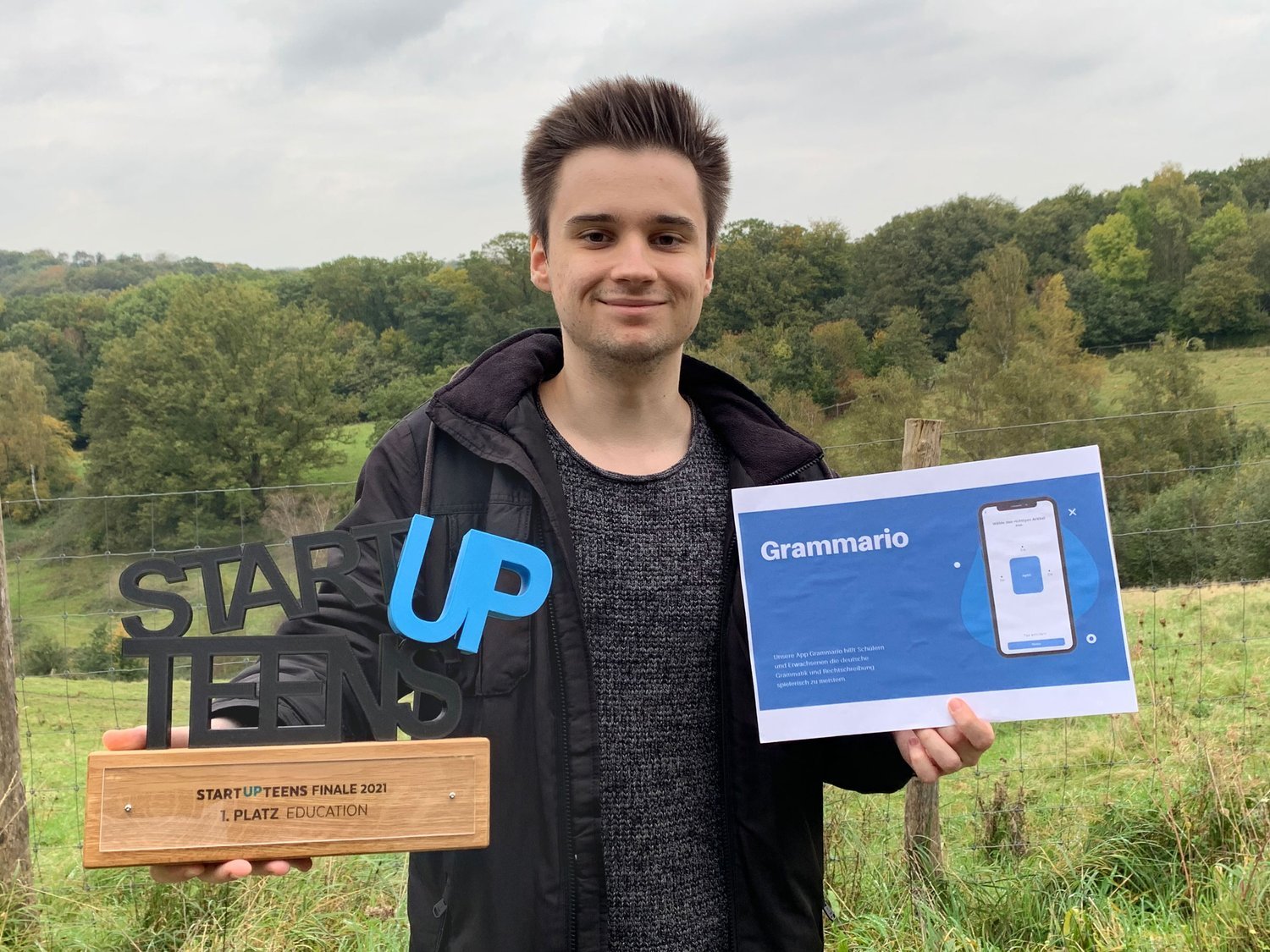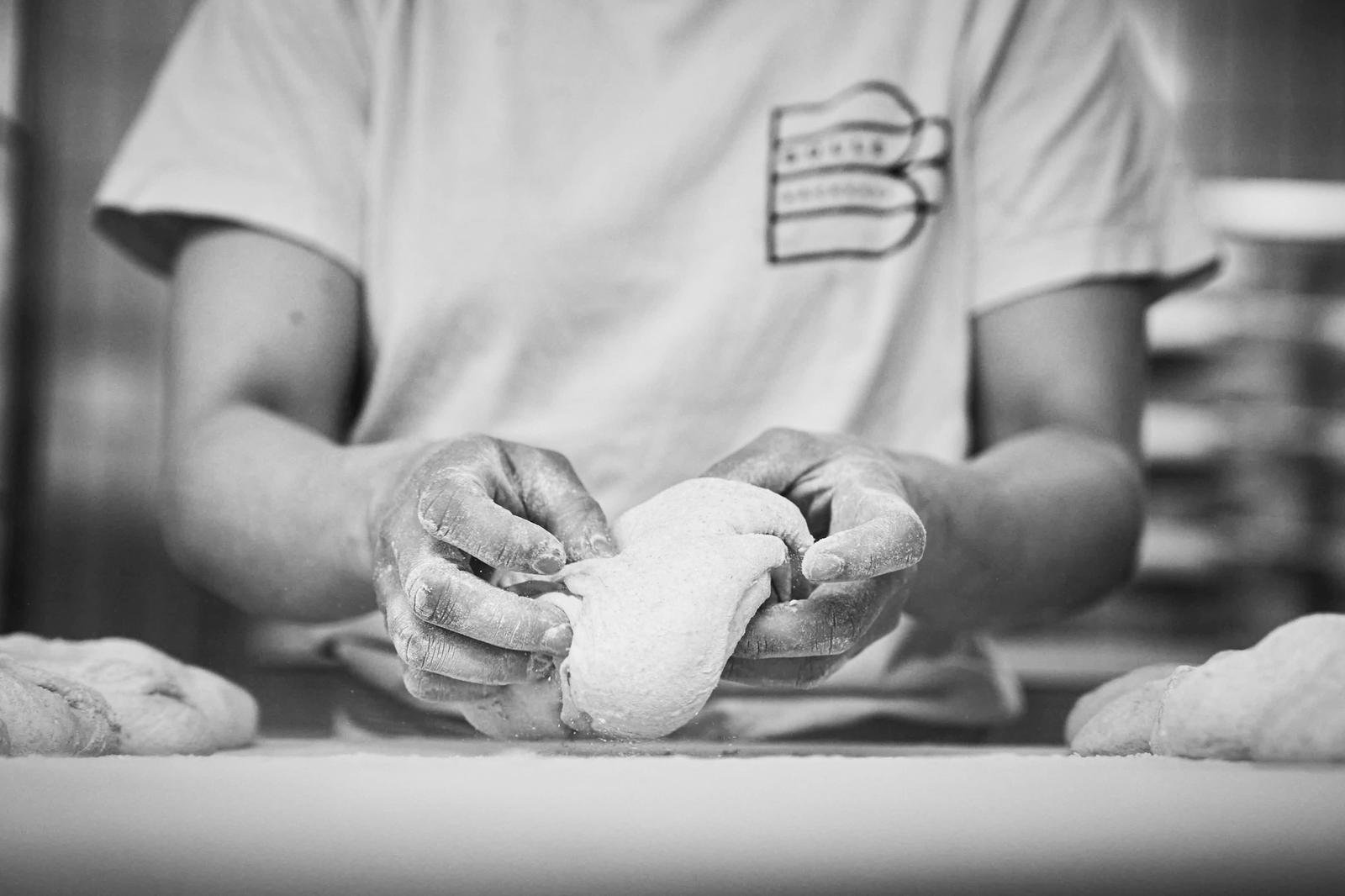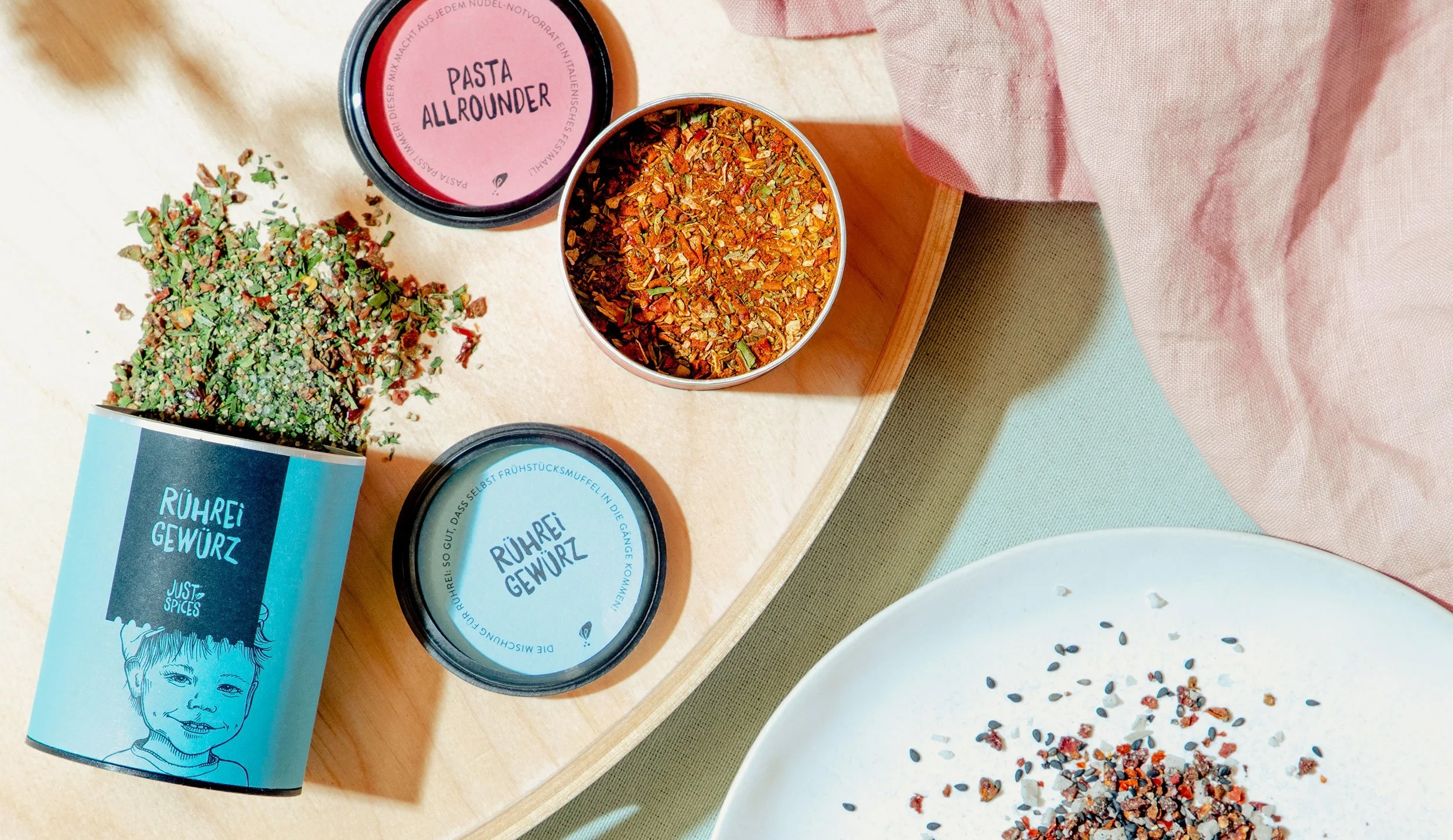The state capital of Düsseldorf is twinned with eight other cities around the world. These partnerships are brought to life through various projects that encourage cultural and personal exchanges between its citizens.
Taking steps towards internationalisation can present particular challenges for owner-managed and family-run companies. However, this can also present great opportunities. Here are two company stories.
As part of the ‘New Work’ movement, coworking spaces have set out to revolutionise work. This article takes a look at an industry that has become professionalised, shedding light on how we want to work today.
Startup Week Düsseldorf plays a key part in the growing startup ecosystem in Düsseldorf. A wonderful anniversary was celebrated from 8 to 12 September 2025: for the 10th time, visionary founders, innovative minds and up-and-coming companies came together to shape the future. The official highlight was the Future Tech Fest, Germany's leading B2B start-up trade fair and conference. More than 5,000 people – ranging from industry leaders to lesser-known figures in the startup scene – gathered to share knowledge and conduct business. Among them were numerous startups from abroad, highlighting Düsseldorf's appeal as an international location. These three “fresh ideas” exemplify the diversity of the local start-up ecosystem: Make way for Aitonomi, promptmeplease.ai and DNTOX!
While the whole of Germany is complaining about a shortage of skilled labour, more and more highly qualified international professionals are settling in Düsseldorf. The Expat Service Desk helps them get started in the state capital.
The aviation industry is on course. After difficult years, global passenger and flight numbers are almost back to pre-pandemic levels. Good for the industry, bad for the environment: CO2 emissions in aviation are still high. Politicians, researchers and airlines are called upon to develop innovations and measures that make flying more sustainable. Airports also have a role to play - such as DUS Airport with its Masterplan 2045.
A greener future requires innovative solutions, as well as the companies that develop them. Many of these solutions originate from Asia. For these companies, GreenTech has long been a global business model and recipe for success. To strengthen their presence in Germany further, Düsseldorf is becoming more and more the location of choice. Just like for Toshiba and EcoFlow.
20 per cent of green startups in Germany are based in North Rhine-Westphalia! This is a remarkable finding of the 'Green Startup Monitor 2024', a study published by the German Startups Association (Bundesverband Deutsche Startups e.V.) in collaboration with the Borderstep Institute for Innovation and Sustainability. This puts North Rhine-Westphalia ahead of Berlin (17 per cent), Bavaria (12 per cent), and Baden-Württemberg (11 per cent). It is also interesting to note that women are more likely to be part of the founding team of green startups than of non-green startups (24 per cent versus 17 per cent). Another striking finding is that greentech startups collaborate more closely with universities and research institutions, who support them more frequently during the startup phase. According to the study, one of the biggest challenges remains, hardly surprisingly: financing. Düsseldorf, which has been the GreenTech Hub of the nationwide Digital Hub Initiative for a number of months now, offers founders a particularly attractive ecosystem for growth. Three startups, two of which are in the greentech sector, can confirm this: curtains up for ESG-X, Qualimero and Co-reactive!
Over the past decades, the Düsseldorf-based Tholl Group has developed into a major player in the field of refurbishment and modernisation. The family-run company relies on an end-to-end value chain, its own skilled labour and sus-tainable construction concepts.
Digitalisation offers great opportunities for the retail industry. At the same time, however, the risk of becoming the target of cyberattacks is growing. EuroCIS 2025 showcased developments and solutions.
At the end of 2024, the Association for German Startups published its latest 'Startup Monitor' on the startup scene in Germany. Some of the trends listed are particularly encouraging for Düsseldorf’s ecosystem. For example, the share of sales to business customers rose to 74.7 per cent (2023: 70.4 per cent) - an important sign for Düsseldorf as a strong B2B location. Or the fact that, despite the economic challenges, even more German startups are committed to the 'green economy' or can be categorised as such (2023: 46.7 per cent, 2024: 48.1 per cent). This is also a focus in the state capital. All in all, Düsseldorf offers good conditions for founders to settle and grow here. The three successful examples we present in this issue are Bonoboo, Dein Schrauberplatz and ifactory3D.

Talking to landscape architect, urban planner and architect Professor Andreas Kipar, founder and CEO of LAND Germany GmbH, about his global projects is incredibly reassuring. He is certain that thriving landscapes in climate-adapted cities are not so difficult to achieve.
What began in 2012 as a small start-up with South African roots has rapidly developed into an international brand. The Düsseldorf-based lounge furniture manufacturer Vetsak inspires a global customer base – from Düsseldorf to Cape Town and New York – with its innovative approach to comfort, sustainability and modular design.
Start-ups are at the forefront of shaping the future of urban development. With their innovative and powerful technologies and models, they can make a significant contribution to making cities more liveable, sustainable and connected. At the same time, they boost the economy by creating new jobs, attracting investment and improving the climate for innovation. In Düsseldorf, with its diverse start-up ecosystem, there are some excellent examples of this - we present three of them in this VIVID: meet SmartSylvan, Terra Fidelis and MyHome!

The EU has set itself the ambitious target of becoming carbon neutral by 2050. To achieve this, many measures will be needed in the coming years. One of them is to speed up the expansion of renewable energies.
According to Bitkom, the annual damage caused by cyber attacks on German companies will amount to €148 billion by 2023. Phishing emails account for a large proportion of this. Cyber security companies such as SoSafe are working to change this by making companies and their employees aware of the digital threat. This also applies to the healthcare sector, as patient data is particularly attractive to cyber criminals.
When a university hospital offers its own start-up support, it says a lot about the esteem in which start-ups are held. This is the case in Düsseldorf: with Startup4med, the University Hospital Düsseldorf supports those interested in setting up a company, from the initial idea to applying for funding and setting up the company. This is a great example of how vibrant and diverse the start-up ecosystem is in the state capital. The three 'fresh ideas' that thrive in this environment and will be showcased in this VIVID are not just from the health sector: Weltenmacher, Your Showdown and Teresa.AI.
With its online magazine Hiphop.de, ManeraMedia GmbH runs the most widely read pop culture magazine in the German-speaking world. The company has also set itself the task of embedding hip-hop culture in brands - and in football. How does that work? VIVID spoke to managing director Tobias Kargoll.
The second edition of the InDUStrial project brings together artists from Düsseldorf and its Ukrainian twin city, Chernivtsi.
A highlight of Startup Week Düsseldorf 2024: for the third time, startups met venture capitalists, business angels and family businesses - and experienced an extremely inspiring evening together.
Düsseldorf used to be big in cycling. Up until the 1930s, there were six large cycle racing tracks in the city. A long-buried tradition that is now being revitalised. Cross-country races such as the "QuerFeldRhein", the new profile of the classic "Rund um die Kö" and events such as Cyclingworld Europe are examples of the new Düsseldorf bike community. Trendsetters are often bike stores such as "La Bici", "Schicke Mütze" and "Awsum". They all stand for the newly discovered passion for cycling.
Around 90 per cent of all German companies are owner-managed family businesses. But what happens when the management retires? VIVID spoke to Victoria Frankenheim and Sophie Hinkel, both managing directors of their own family businesses, about their experiences.

Düsseldorf and art - a love story that began during the 18th century if not before: in 1773, Elector Karl Theodor founded the academy of fine arts, which attracts artists from all over the world to the state capital and who continue to play a key role in shaping Düsseldorf's vibrant art scene to this day. VIVID asked five of them to talk about their life and work in the city.
Art and business: how do they fit together? One answer could be corporate collections, which make an important contribution to companies, employees and the public. Companies like to promote how open, creative and versatile they are. Image brochures from a wide range of industries are peppered with these slogans. But how do they translate into a culture of values that is actually lived? And how can this be credibly communicated both internally and externally?
250 years of the Art Academy, 250 years of art history in Düsseldorf. Hardly any other institution defines the city like the world-famous art academy with its wide corridors and spacious studios and workshops, which have produced artists such as Gerhard Richter, Andreas Gursky and Katharina Grosse.
In each VIVID, we present three start-ups from Düsseldorf and the surrounding area - usually in line with the current issue's theme. But what about art? Are there any fresh ideas from Düsseldorf? Fresh art ideas, so to speak? Of course there are!
Art not only has aesthetic and emotional components - in addition to the possibility of buying and collecting it out of passion, more and more people are seeing the acquisition of works of art as an investment opportunity.
Desperately seeking talent! But how can companies convince and retain potential candidates in the current battle for skilled labour? Well, Düsseldorf`s employer branding experts know that for many employees it is not so much social benefits that matter, but appreciation, opportunities to help shape the company and the chance to grow personally.
Sundermann & Palm has been the expert for paints, wallpapers, floor coverings and tools for exactly one hundred years. As a wholesaler, the company primarily supplies painting companies and other commercial and private customers with utensils. A hundred years during which colours and materials have changed. The basis for the success of "SUPA", however, remains the same: a close relationship with the customer.
Almost 8 million people with severe disabilities live in Germany - that corresponds to over 9 per cent of the total population. Inclusion is therefore no longer a niche topic, but should be on the agenda of every company that takes diversity and social participation seriously.
Rarely have HR managers and recruiters had such a challenging job. The reason being that the baby boomer generation is retiring and is followed by much smaller generations. The inevitable consequence is that the labour force in Germany is shrinking. According to the study "Future. Work. Today. A guide to the world of work in 2030", conducted by the Düsseldorf based job platform Stepstone together with the Handelsblatt Research Institute, there will be around ten million fewer people in employment in Germany by 2050 alone than there are today. We are therefore looking at a time in which people will become a critical economic factor. This makes efficiency and smart ideas in the labour market all the more important today and in the future - we have once again selected three of them for you. Here are the start-ups AIMMO, netsome and yakha.

The Wim Wenders Foundation is committed in many ways to the future of film and the promotion of young filmmakers. VIVID interviewed Managing Director Hella Wenders and Marion Döring from the Foundation's Board of Directors
Video games are the most lucrative segment of the entertainment industry. VIVID spoke to players in the regional gaming scene about the strengths of the gaming industry for companies in other sectors and about its role in Düsseldorf's cultural and creative industries.
35 years ago, DJ Henry Storch founded the record label Unique Records and seven years later the legendary club of the same name in Düsseldorf's old town. The club closed its doors in 2006, but the label remained. After the sudden death of Henry Storch in 2018, his former employee Ina Schulz took over the management of the record label. In an interview with VIVID, the manager explains how she sees her job as label head of Unique Records and head of international product management at Schubert Music Europe, how the players in indie music have coped with the disruption of recent years - and what new revenue models there are for artists.
The cultural and creative industries encompass a wide variety of markets: there are the classic areas of design, film and theatre, but also, for example, advertising, gaming and software development. The sector is characterised by a strong dynamic - and not least by creative people who want to realise their ideas. As many as 16 per cent of those employed in Düsseldorf's cultural and creative scene are self-employed - twice the average for the city’s economy as a whole. So it's no surprise that there are also many start-ups in this sector. Today we present three of them that impressively show how diverse the cultural and creative industries can be: an online shop for first aid posters, a platform for non-discriminatory recruitment and an app that makes teams more successful and employees happier. Here come: littleplan, DIVE and MONDAY.ROCKS.
Heiko Wunder was one of the pioneers of the eco-fashion scene, when he founded the fashion label wunderwerk in 2012. He now runs six stores throughout Germany, an online shop and continues to pursue a sustainable lifestyle consistently and convincingly. VIVID met him in his showroom in Flingern.
Düsseldorf is a shopping metropolis whose purchasing power ranks in the top 5 among German cities and attracts investors with new store concepts. But what do streetwear and luxury brands, international fl agship stores and individual boutiques have in common? The future of retail lies in its emotionalisation.
Düsseldorf's start-up scene also has a lot to offer when it comes to fashion. However, anyone who thinks of fashion start-ups only in terms of young fashion labels is short-sighted. Because also beyond classic fashion design, the fashion industry offers plenty of potential for a wide variety of new business ideas. For example, when it comes to the development of innovative materials, more effi cient processes, ideas for more sustainability or new digital channels. The three start-ups we are introducing to you today are also pursuing very different approaches with which they want to make the fashion world a little nicer, more transparent and inclusive. Meet F.L.A.B., retraced and Swilook.

How will we get around in the future? Ideally faster, safer, increasingly equally – and with less emissions. Startups and transport companies are already using digital tools and AI to optimise urban mobility for everyone.
Last November it was finally confirmed: the German Photo Institute is coming to Düsseldorf. The plan is to establish a photography centre of excellence in a city that can not only look back on a long tradition of this art form, but also has a lot to offer on the entrepreneurial side.
The right idea at the right time: probably the most decisive aspect for a successful startup. But for a strong idea to really become a strong company, more is needed. Experienced partners, for example, who provide impetus and pave the way. Since 2020, the Startup Unit of the Office of Economic Development Düsseldorf has been supporting young founders on their way to entrepreneurship. And apparently quite successfully, because the startup scene on the Rhine is booming. Around 500 startups are currently providing fresh ideas and modern solutions in Düsseldorf – across all sectors.The three companies we are presenting to you today also come from the most diverse sectors: an app for better language skills, a fast and flexible logistics service provider, and a legal tech company that aims to make „getting justice“ easy. And yet the stories of the three show how similar the impulse to found a company usually is: it is the strong will to create a new solution for a problem in your own field. Introducing: Grammario, Pick & Pack 24 and RightNow.

Can digitalisation save us from the climate crisis? Or will it only make things much worse? The fact is: the increased use of digital technologies leads to rising energy and resource consumption, but at the same time offers opportunities for climate protection.
The Düsseldorf Climate Pact unites a large number of companies, businesses and organisations in the city who are pursuing a common goal: to achieve climate neutrality by 2035. We asked four of them what they are already doing to successfully implement this ambitious plan and what reasons prompted them to become part of the Climate Pact.
The concept of CO2 offsetting: emissions that are harmful to the climate are offset by certificates from climate protection projects. What exactly is behind this? And when does the scheme make sense?
Climate protection, decarbonisation, energy transition, sustainable use of resources ... the list of ecological challenges is long. To succeed on the path to sustainable climate protection, many new ideas are needed, as well as a radical rethink across the board. Start-ups play an important role here; not only is innovation usually second nature to them, they also show what is possible if there is enough determination, with lean processes, a modern „mindset“ and a good deal of courage. Young companies around the globe are thus making an important contribution to the climate solutions of tomorrow and to a more sustainable world. Three companies from Düsseldorf show just how different this contribution can look: Hydroplace, KIYO and LEROMA.
An analogue haven in the digital age: at the Kunstgießerei Schmäke, individual works of art are sculpted, cast and assembled in the fifth generation. Many internationally renowned artists highly value its services.
The bakery trade is one of the oldest commercial crafts in the world with centuries of tradition. Baked goods are particularly popular in Germany. Whether it‘s a breakfast roll, a midday snack or a traditional supper, you can have something fresh from the bakery at any time of day. The variety of German bread is greater than in any other country. There are said to be around 3,200 different bread specialities in total. They are produced in almost 10,000 companies by around 240,000 employees. This makes the bakery trade one of the most important crafts in the country. Düsseldorf is also home to a large number of traditional bakeries that supply their customers with breads, rolls and pastries. We visited four of them!
The Digital Demo Day on 18 August 2022 once again impressively demonstrated what Düsseldorf has to offer for start-ups. The 6th edition of Germany‘s leading start-up trade fair and tech conference for the industry attracted over 200 tech start-ups as exhibitors and numerous industry representatives, entrepreneurs and pioneers to Areal Böhler. Presentations, discussions, learning and live and face-to-face networking took place around the future topics of sustainability, Metaverse and Hi- Tech NRW. In a live pitch, 12 teams presented their digital innovations to the audience - the winner was awarded 3,000 euros in prize money. The ecosystem for the start-up scene is thus growing and thriving magnificently - and also provides a good set up for the three start-ups we are presenting today: Luizzo, Glasbote and Mixup.

Düsseldorf is home to a variety of coffee houses. And more are springing up all the time: the number of trendy coffee locations that attract visitors at any time of day with their cosy ambience, tasty delights and cultural diversity keeps growing. In the city centre, but also in other boroughs. The focus of interest lies not only on individual roasts that give each coffee its own, distinctive flavour. The origin of the beans is also crucial: sustainability and fair trade were never as important to coffee connoisseurs as they are today. Four coffee houses from Düsseldorf present their concepts!
Despite the pandemic, Düsseldorf‘s start-up ecosystem is flourishing. That is reflected by some impressive figures for 2021. 500 startups with more than 5,400 employees were recorded - that‘s an increase of 23 percent compared to the previous year! 103 start-ups were founded here - that‘s an increase of 12 per cent compared to 2020! So we can look forward to seeing how the success story continues this year. Also contributing to this are these three start-ups from Düsseldorf, who are likewise undeterred by the current particularly difficult conditions: Camper Active, Livello and UPLINK Network.
Kraft Heinz has bought Just Spices. Under the wing of the US food company, the Düsseldorf-based spice mix start-up wants to grow further into a global brand, particularly internationally. The company's founders remain on board.
When it comes to decisive action against climate change, many hopes are currently pinned on the new coalition government.
Tim Loppe, press officer at Naturstrom AG, told us what active climate protection policy means in practice.
Featured this time: a MedTech company, a start-up for sustainable energy solutions and a sports app that brings people together. What do CUREosity, Solarey and PLAYSPORTS have in common? The drive to make the world a better, nicer and more sustainable place with smart ideas.

Retail is the interface between sustainable products and consumers. How do companies in the region deal with this issue? And what sustainability concepts can be found in Düsseldorf’s retail landscape?
Are stores losing relevance due to online retailing? Not necessarily, because those who shop in town also want to touch, try on and test products, be inspired – and: experience something. This is made possible by retailers with innovative concepts. Nuts Factory, Vorwerk and Wacom, for example. VIVID editor Dominik Deden stopped by in person.
Digitalisation is one of the most important challenges for businesses. Yet, at the same time, it is the only way forward. Multichannel is key. But which technologies do Düsseldorf’s retailers use to shape the customer journey? From life streaming assistants to AI-based self-check-out – VIVID presents some exciting examples.
A digital marketplace for metals, an online platform for clothing repairs, pre-cooked gourmet cooking boxes for a special culinary experience. We introduce you to three exciting Düsseldorf start-ups that want to improve different areas of life with the help of digital solutions.
More and more companies are setting up innovation labs to help develop new products or concepts. VIVID took a closer look at the three Düsseldorf think tanks of IOX Lab, Henkel and Vodafone.
Indian IT companies have been active in Düsseldorf for years. They bring a lot of expertise to the region and play a decisive role in shaping the digital future.
With the opening of the “Fusion Campus” in Düsseldorf, NRW is strengthening its position as a leading games location. Managing Director Stefanie Waschk explains to VIVID why the gaming industry is much better than its reputation and how it can drive innovation in all sectors of the economy.
From the smart control app for boats and caravans to the digital competence check in game format to the consulting company for hip-hop culture: VIVID presents three exciting new start-ups from the city.
At a time during which many employees work from home, corporate health management (CHM) has to be revisited. VIVID asked three corporations based in Düsseldorf, Henkel, ARAG and apoBank, how they are doing it.
The greater Düsseldorf region is a popular business location for international corporations in the field of healthcare. And increasingly, Asian companies choose NRW’s capital for their European headquarters. VIVID introduces three of them:
The digitalisation is presenting a lot of opportunities for new business models – also in healthcare: a digital dermatologist, AI for intensive care or fighting phantom pains with your tablet – we present to you three cool start-ups in the healthcare sector.
Surgery by the river Rhine: Düsseldorf counts as one of the top-destinations amongst international healthcare tourists. This is big business. A large number of clinics, doctors and agencies have specialised in catering for this economic sector.
From AI-based building management systems to sustainable organic fertiliser: the local start-up scene is defying the crisis with forward-looking business models. VIVID presents three of them.
Smart technologies are an important part of the digital transformation, also in the real estate sector. Art-Invest Real Estate has therefore launched the AIRE SmartLab to transform innovative technologies into concrete office solutions.
Polestar, the Swedish car brand, opened its first German showroom in Düsseldorf in August 2020.
For almost a whole year we have been living with the order of the day: Stay at home! Of course it makes sense. Yet it’s difficult to not give in to a bit of wanderlust. However, isn’t food one of the most wonderful things about travel? And isn’t it just handy that Düsseldorf is home to a gastronomy scene covering almost every part of the world – from Taiwan to Eritrea, from Peru to Australia? Here are a couple of recommended stop offs on our culinary travels – which also happen to have a much smaller carbon footprint than using air travel.
The Messe Düsseldorf is indispensable for the city's international character. In an interview with the new head of the Messe, Wolfram Diener, VIVID found out how it intends to defy the Covid19 pandemic with hybrid formats of presence and digital events and a pragmatic strategy.
During the Covid19 crisis people spend most of their time at home. Working from home while meeting friends and family takes place virtually on the computer and restaurant visits are replaced by delivery services. What is the use of make-up and perfume, many have thought. How much has the consumption of cosmetics changed in the age of the face mask? Who are the winners? Are clean beauty and sustainable packaging the new drivers of the industry? An interview with Catharina Christe, General Manager of the Prestige Division at Shiseido Germany in Düsseldorf in the Media Harbour.
Komatsu Mining from Benrath is one of the world market leaders in the field of machines for the mining industry.
Cycling - especially with electric assistance - is becoming increasingly popular. VIVID has talked to cycling specialists from Düsseldorf about the coronavirus' contribution to this development and what the most important bike trends currently are.
Online delivery services for food are not very popular in Germany. The Dutch provider Picnic has nevertheless succeeded in conquering the market in North-Rhine-Westphalia (NRW). VIVID spoke with Frederick Knaudt, Founding Team Picnic Germany, about a completely new business model.

20 years ago GROHE, the sanitary fittings manufacturer based in Düsseldorf, made sustainability an integral part of its business – with lasting success. This commitment is reflected in the company’s innovative designs, numerous awards and a corporate culture with the principle of sustainability at its cor
Plastic Bank, founded in 2013 by David Katz, aims to encourage a billion people worldwide to monetise plastic waste instead of mindlessly dumping it in the oceans. In co-operation with Henkel, the first product packaging with ’Social Plastic’ was already launched last year.
Sozialunternehmen (Social Businesses) wollen Probleme lösen und Wirtschaft neu denken; ihren Erfolg nicht an finanzieller Rendite messen, sondern am Nutzen für das Gemeinwohl.
Social Businesses want to solve problems and rethink the economy; they do not measure their success in terms of financial returns, but in terms of benefits for the common good.



